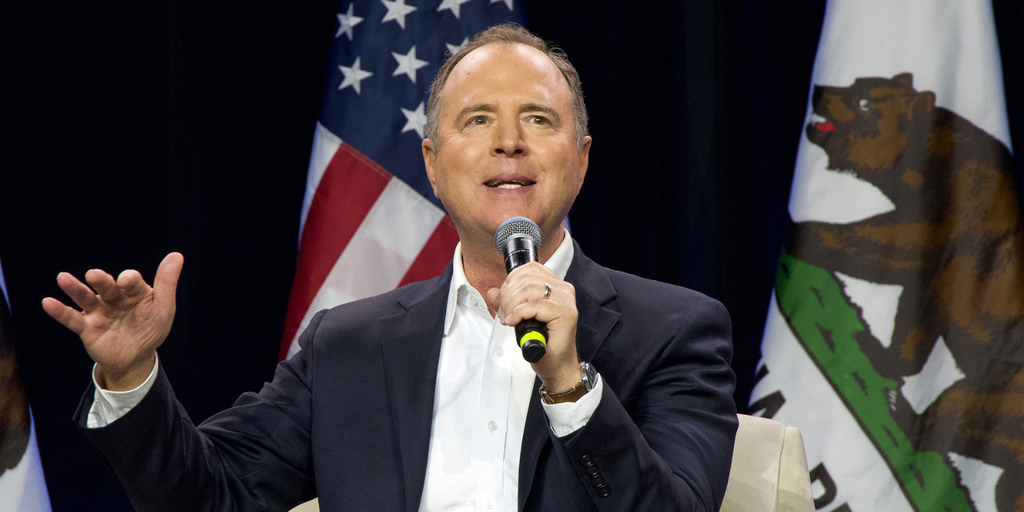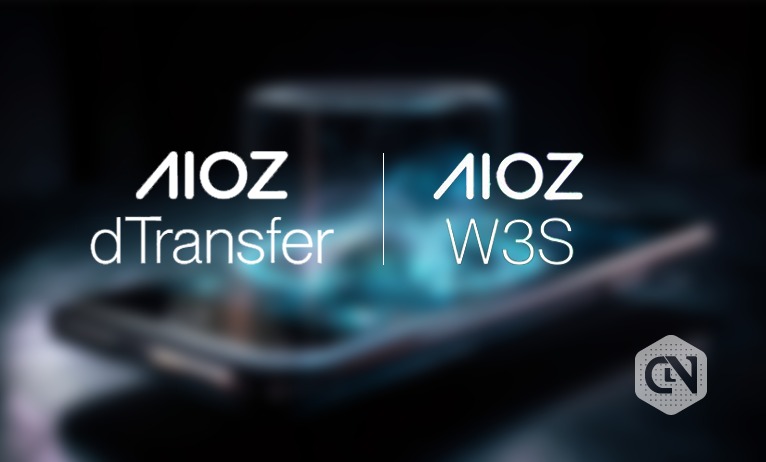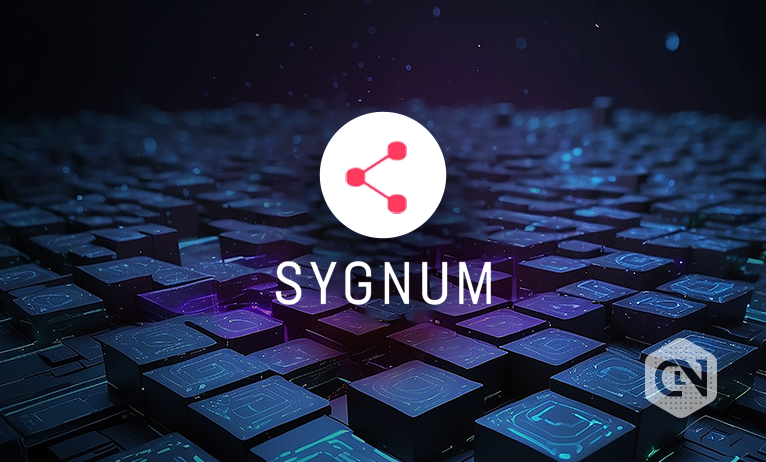Proposed Legislation Requires AI Developers to Disclose Copyrighted Works
Under a new law proposed by California congressman Adam Schiff, developers of artificial intelligence models would be mandated to provide a comprehensive list of all copyrighted works used in training their systems. The proposed Generative AI Copyright Disclosure Act aims to promote transparency and accountability in the AI industry by requiring companies to disclose their sources to the U.S. Copyright Office at least one month before releasing a new version.
Rep. Schiff emphasized the transformative potential of AI and the necessity of balancing innovation with ethical guidelines and protections. In a statement, he underscored the importance of championing innovation while safeguarding the rights and contributions of creators, ensuring that they are aware of how their work contributes to AI training datasets.
Penalties for Non-Compliance
If passed into law, AI developers who fail to comply with the disclosure requirements could face a civil penalty of at least $5,000. The fine would apply to developers of generative AI models as well as third parties involved in modifying the dataset. However, the law does not specify whether the penalty would be imposed per incident or as a one-time fine.
Industry Response
For writers and actors who faced challenges during negotiations with movie studios in 2023, the proposed legislation to regulate the training of AI models is viewed as a positive development. Writers Guild member and CBS comedy writer, Jamarcus Turner, expressed support for the bill, emphasizing the importance of fair compensation for creators whose works are used in AI training datasets.
Trade unions across the entertainment industry, including SAG-AFTRA, the Directors Guild of America, and IATSE, have also welcomed the legislation. Directors Guild of America president Lesli Linka Glatter commended the legislation as a step towards enabling filmmakers to protect their intellectual property from potential infringements by generative AI. SAG-AFTRA national director Duncan Crabtree-Ireland affirmed the importance of protecting human creative content and supported the Generative AI Copyright Disclosure Act.
Ensuring Fairness in Innovation
Representative Schiff highlighted the necessity of respecting creativity in the context of AI advancements, emphasizing the need to ensure that technological progress is aligned with principles of fairness and accountability.
The proposed Generative AI Disclosure Act addresses concerns raised by creators regarding compensation for the use of their works in training AI models. While recent legal cases have brought attention to issues surrounding copyright infringement in AI development, the introduction of this legislation signals a proactive effort to establish clear guidelines for creators and AI developers.
As discussions around AI ethics and intellectual property continue to evolve, the transparency and accountability mechanisms proposed in the Generative AI Copyright Disclosure Act represent a significant step towards safeguarding the rights and contributions of creators in the digital age.
Image/Photo credit: source url





